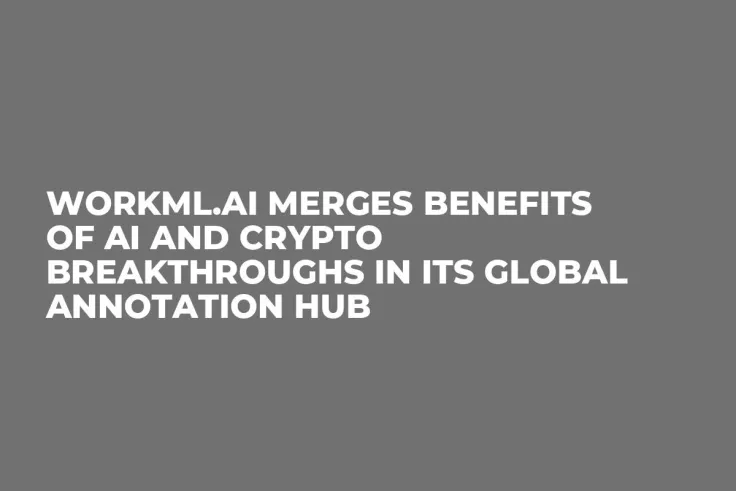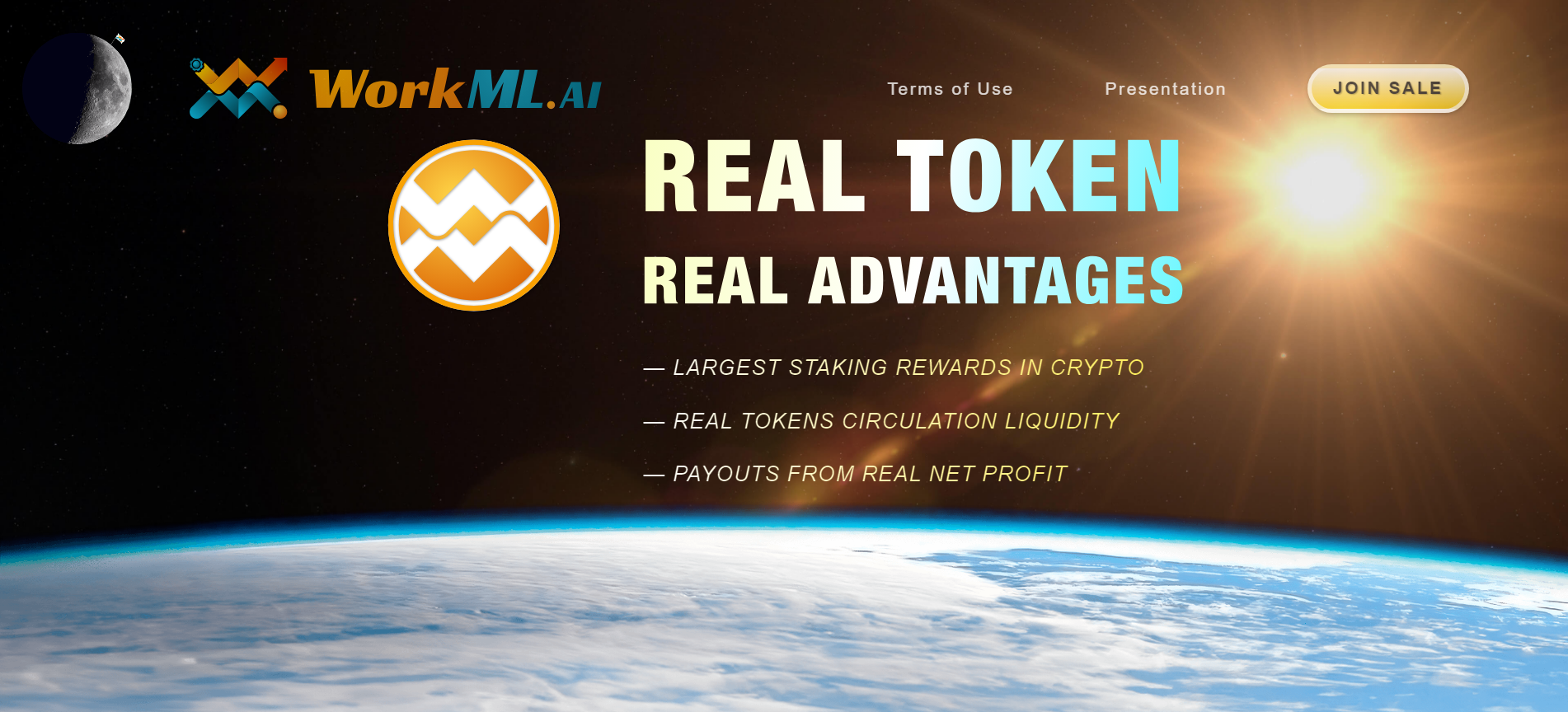
Disclaimer: The opinions expressed by our writers are their own and do not represent the views of U.Today. The financial and market information provided on U.Today is intended for informational purposes only. U.Today is not liable for any financial losses incurred while trading cryptocurrencies. Conduct your own research by contacting financial experts before making any investment decisions. We believe that all content is accurate as of the date of publication, but certain offers mentioned may no longer be available.
Developers have discovered critical bottlenecks in AI model training, notably in processing large datasets and preparing metadata.
Addressing trade-off of metadata logistics: Promises and challenges
Nvidia addressed the first bottleneck by releasing accelerators that significantly improved data processing.
However, the second bottleneck, metadata preparation, remained a challenge. Metadata, essential for training AI, requires a meticulous process for accuracy, often involving marking multiple objects within a single image to train neural networks effectively.

Metadata is a key element that allows the neural network to make an interpretation of what is visualized, voiced or written, and how it relates to other objects. More details of the concept are covered in the WorkML.ai project whitepaper.
To efficiently train neural networks for tasks like animal image recognition, a staggering volume of both images and their corresponding metadata is required. The challenge intensifies when considering the scale needed — about 30-40 million metadata units for just 10 million images.
Each image could feature multiple animals, necessitating individual annotations that highlight the inherent complexity and the labor-intensive nature of preparing such detailed metadata. This process underscores a critical aspect of AI model training: the demand for high-quality, precise metadata often surpasses the need for the raw data itself, making the preparation of this metadata a meticulous and essential task.
An annotator can produce 135 metadata units in a 4.5-hour workday, leading to 2,835 units over a typical 21-workday month. The monumental task of generating 35 million metadata units would take a single person over a millennium to complete. However, a team of 100 could manage it in a little over 10 years, and 1,000 annotators could dramatically reduce this time to just one year. Financially, the cost of such an endeavor is substantial: for 100 annotators, it is about $180,000 per month, totaling around $21.6 million over ten years for annotating 10 million images. This starkly illustrates the immense time and financial resources required for high-quality AI model training through annotation.
WorkML proposes new-gen solution for metadata's dilemmas, announces WML token release
The solution involves setting up an employment hub on the WorkML platform, where individuals from around the world can take onboarding courses, becoming part of the annotator and data validator workforce. This approach could mobilize tens and hundreds of thousands of annotators for annotation tasks.
Moreover, to optimize expenses and fees, the project enables the use of cryptocurrencies for transactions. Importantly, the project introduces its token, WML, which will be used for internal payments and annotator remunerations.
The token features rewarding systems such as:
- Proof of stake (PoS) with payouts ranging from 0.5% per month (guaranteed) to up to 5% per month (from project profits).
- Humans' proof of stake (H-PoS) offering double profit for annotators who perform the actual work.
- Annotation mechanism is considered as mining, or humans' proof of work (H-PoW), meaning the more and better work done, the higher the reward.
The project also offers perpetual discounts to customers paying with the WML token for WorkML products, thereby creating additional liquidity.
WorkML is set to become a highly profitable and low-risk feature-rich employment hub for investors, customers and annotators.
WorkML.ai redefines the crypto market's landscape by offering tangible value to businesses, investors and a wide array of users, from clients to data annotators. Moving beyond the speculative wave of token offerings, it establishes a solid revenue model through service commissions. This approach ensures a steady financial stream while grounding the project’s value in the real-world benefits it provides.
 Vladislav Sopov
Vladislav Sopov Dan Burgin
Dan Burgin